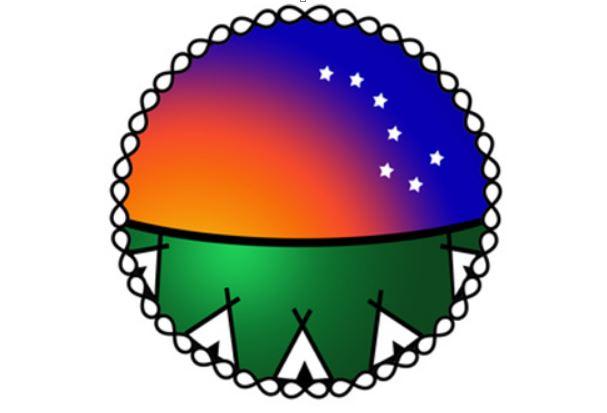Dec. 11, 2017
Mentorship program aims to support Indigenous health researchers

The AIM-HI Network is in its first year and organizers hope it will provide support for mentees.
The University of Calgary is partnering with institutions across Alberta for a unique mentorship program to bolster supports for Indigenous scholars in health research. The Alberta Indigenous Mentorship in Health Innovation Network (AIM-HI Network) will build a community of support around students with connections to their peers, elders or other knowledge keepers.
“It hasn’t been easy learning how to walk in two worlds, two ideological worldviews. And my struggle as an Indigenous learner is finding a safe place to be who I am and to be supported in my cultural values and knowledge,” says Pearl Yellow Old Woman, a PhD candidate in community health sciences who has signed up to be a mentee.
The AIM-HI Network is part of a nationwide effort to increase the ranks of First Nation, Inuit and Métis scholars by providing new and expanded opportunities for mentees to succeed in health research careers.
“It’s about being connected to other Indigenous scholars who are also working through the balance of being in a Western-trained institution, yet still being from an Indigenous community, and to help them reconcile the clashes that sometimes occur between those two paradigms,” says Dr. Cheryl Barnabe, one of the program’s principal investigators and co-chair of the Group for Research with Indigenous Peoples (GRIP) in the O’Brien Institute for Public Health at the Cumming School of Medicine.
The program is structured as an intergenerational, cascading mentorship designed to both recruit and retain Indigenous scholars in all health-focused research disciplines, including the health, laboratory and social sciences.
“Most classic mentorship programs have a hierarchical program, as in there’s somebody who made it through, and they supervise people who are trying to make it,” says Barnabe. In AIM-HI, senior researchers will mentor junior researchers, who will in turn mentor graduate students or postdocs, who will be coaching undergrads. And on and on it goes.
“We see it as a step-wise process where you are being mentored while you are mentoring,” explains Barnabe. “It creates a reciprocity and relational component within the network, and that’s a key component to sustainability.”
“Our elders say that you do not speak of issues that you do not know of. The only place where I come with expertise and authority is my own life experience. If my struggles and achievements could help mentor Indigenous students coming into the program in a positive, healthy way then I want to contribute,” says Yellow Old Woman.
The Alberta network is a partnership with the University of Alberta, Mount Royal University, the University of Lethbridge, University nuhelot’įne thaiyots’į nistameyimâkanak Blue Quills, Red Crow Community College, Northern Lakes College, and works closely with the University of Saskatchewan. It is one of seven regional nodes and an international co-ordinating node that make up the Indigenous Mentorship Network Program, funded by the Canadian Institutes for Health Research.
The $8-million commitment comes on the heels of the Truth and Reconciliation Commission of Canada report, which called on all levels of government to increase the number of Indigenous people working in health care. The structure will support Indigenous scholars who move between provinces, and even internationally with opportunities in Alaska and Hawaii, for instance.
Barnabe and her colleagues have built in an evaluation component to gauge success and inform a longer-term strategy for systemic change with respect to the way Canadian institutions recruit for graduate programs and promote retention in the academy.
“One thing that we anticipate to advocate for is that we modify the admissions process to better reflect access for Indigenous scholars,” Barnabe explains. “If we see we have a large pool of people who are interested in health research disciplines, but none of them are getting through the admissions process, then we know we have a systemic issue with how we select our graduate students. This is so badly needed — we really do need to shake things up. At the end of the day what is in place is not necessarily working for Indigenous students.”
The AIM_HI network will award eight undergraduate student stipends and eight graduate student stipends annually (for which the first round of applications closes in January). Learn more about the program and how you can get involved.
The University of Calgary unveiled its Indigenous Strategy, ii' taa' poh' to' p, on Nov. 16. The strategy is the result of nearly two years of community dialogue and campus engagement, and involved the work of a number of people from the university, Indigenous communities and community stakeholders. Recommendations from the strategy will be implemented in the coming weeks, months and years as we move forward with promise, hope and caring for the future.
